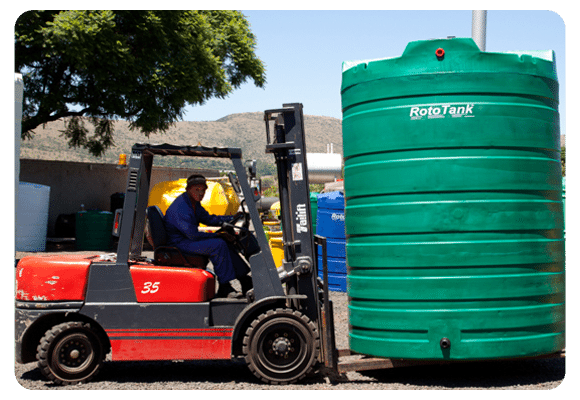How is the drought affecting South African businesses?
South Africa is a water-scarce country and with less rainfall experienced in the past few years than normal, together with rapid urbanisation, it has resulted in several of the provinces being plunged into a water crisis.
The Western Cape is edging closer to Day Zero, when taps will be turned off, the Eastern Cape’s drought situation is rapidly overtaking that of the Cape’s and the City of Johannesburg has again imposed Level 1 water restrictions, even after enjoying rain during the summer season. The country requires more water than it has, so how will a restricted water supply affect the various industries and what are the implications from an insurance perspective?
The impact of water restrictions on businesses
Nurseries, swimming pool installers and car washes are obvious examples of sectors that are feeling the brunt of the restrictions, together with industries like food, beverages, tourism, mining, wine, power generation and construction. Agriculture is one of the hardest hit, with factories closing down, less planting and harvesting taking place and workers being laid off.
However, there are also industries that are booming. Do you remember at the height of load-shedding, when premium prices were paid for generators and invertors? Similarly, companies that sell water tanks are experiencing a surge in business, as are those that provide artificial lawns, while there has also been a huge demand for borehole drilling as people look for alternatives to municipal water.
An upside to this unfortunate state of affairs is that innovation is coming to the fore with many simple, yet effective, ideas and equipment presenting viable low-cost means of optimising our water usage.
What happens the day water is cut off?
Day Zero applies to Cape Town, when all water that is supplied to households and businesses will be cut off, with only vital services such as hospitals still receiving water. In this scenario, companies that do not have an alternative to the municipal supply are likely to close their doors, permanently or temporarily, because they either cannot provide their staff with safe drinking water and sanitation, or because they need vast quantities of water to perform their core function.
Even if companies implement work-from-home policies, productivity will be affected. Water shortages and the threat of Day Zero are huge challenges facing companies throughout the country, together with the concomitant increased risk of diseases, which thrive in uncontrolled, unhygienic conditions.
How do water restrictions impact a company’s insurance?
Insurance policies do not normally cover losses that are associated with drought, as insurance companies do not consider drought an event that directly, suddenly and unexpectedly causes damage to a business. Business owners also need to know that most insurance policies have exclusions that apply to “water-shedding”, where the water supply is deliberately withheld by the local authority.
It is essential for businesses to stay up to date with issues related to the drought and to revisit their risk management strategies, to ensure they make provisions for water shortages, so they are adequately protected.
Many examples abound but the onus of the disclosure of material facts is paramount. If, for example, the water pressure is insufficient to support fire hoses and other extinguishing mechanisms such as sprinkler systems, report it to your local authority and to your broker.
One would rather have a constructive discussion and agreement with your insurers before an event, as opposed to once the loss has already occurred. At Indwe, our objective is to try and find viable, cost-effective and practical solutions that would be acceptable to your insurers.
Call your Indwe advisor on 0860 13 13 14 for peace of mind that your business is prepared to handle the effects of the current water crisis and any possible future water restrictions.
Water shortages and the threat of Day Zero are huge challenges facing companies throughout the country https://t.co/r277CiN0tG pic.twitter.com/gYjkGSFbcN
— Arrive Alive (@_ArriveAlive) February 9, 2018




